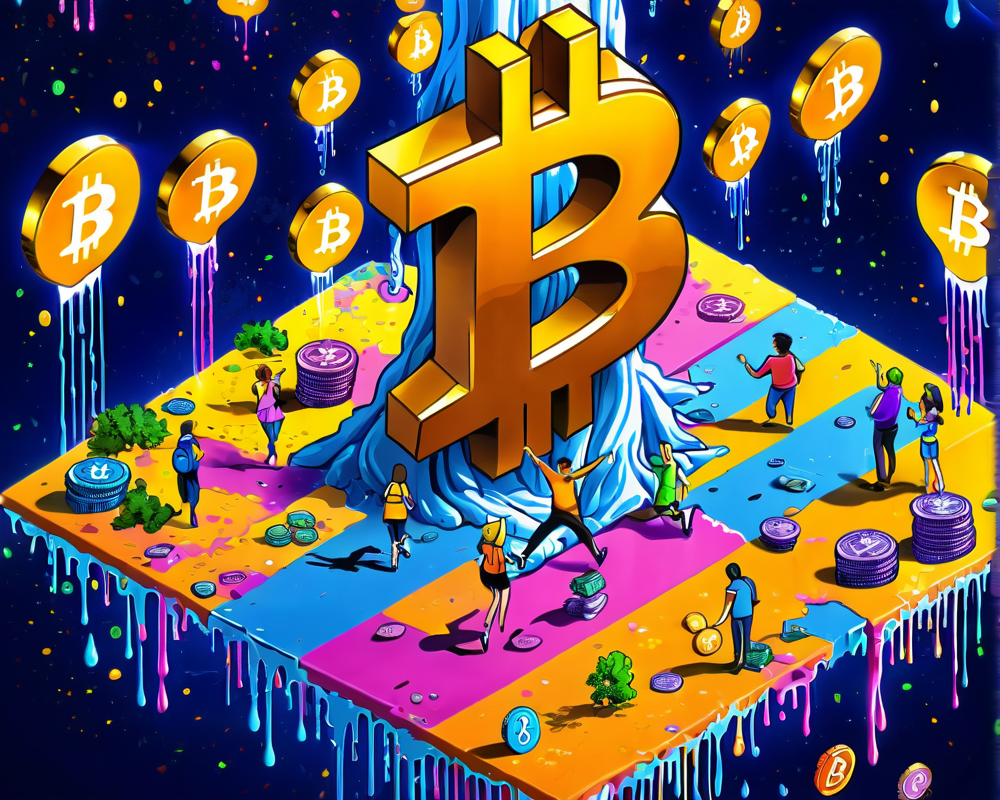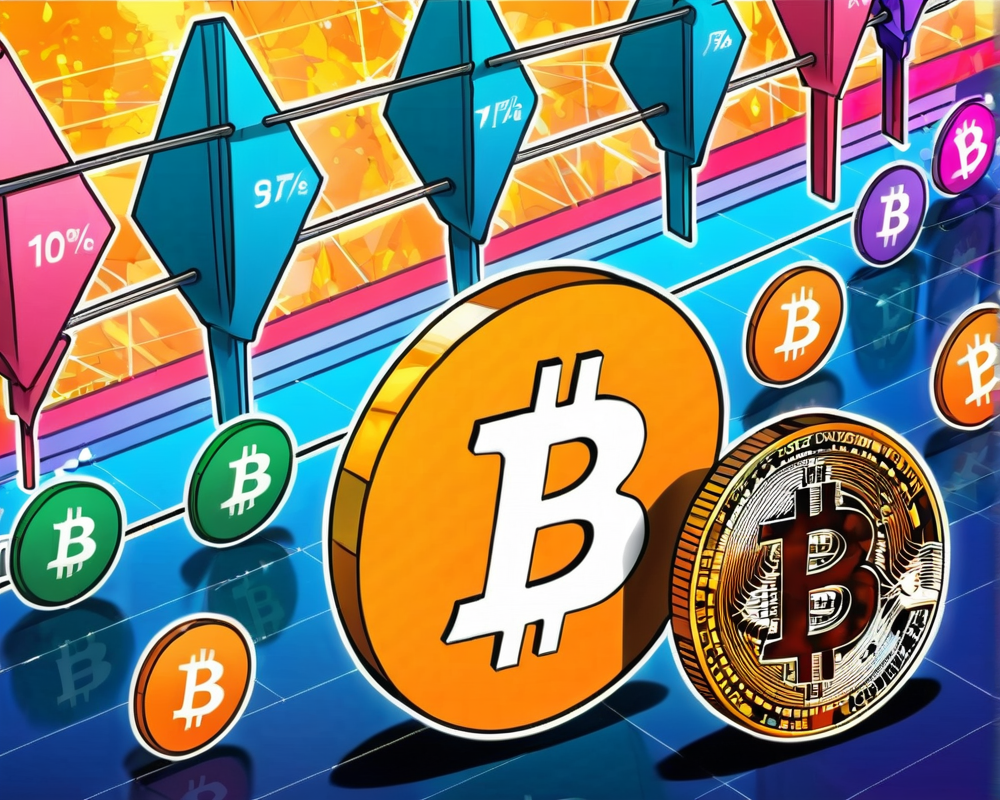The Credential Conundrum
Fake credentials are like that annoying house guest that never leaves; they just keep coming back. Recent reports indicate that around 2,800 individuals managed to bypass the education system by purchasing credentials from unaccredited institutions, effectively game
ing the National Council Licensure Examination. And let’s face it, no one wants to attend a party hosted by a diploma mill.
Degrees of Deceit: The Stats That Shock
On average, approximately 100,000 fake degrees are sold annually in the United States. Some of these can be obtained for the low, low price of $1,000, as if they were discount tickets for a theme park. This alarming statistic underscores the urgent necessity for more secure methods of credential verification.
NFTs: The Unexpected Hero of Education?
Enter the world of NFTs – no, not the latest meme or cat video. Educators like Beau Brannan from Pepperdine University are advocating for NFTs as a robust solution to degree forgery. Imagine if individual classes were recorded on an unalterable public ledger, making it impossible (or at least a whole lot harder) for those opportunists to fake their way into the workforce. Brannan argues, “If these classes matter more than boilerplate degrees, the entire education structure could shift.” Wait, did someone say educational revolution?
Implementing NFTs: Climbing the Tech Mountain
While the benefits are there, implementing NFTs within educational frameworks is, unfortunately, not a walk in the park. Technical literacy is essential for institutions, educators, and students alike. The Binance NFT team emphasizes that to introduce NFTs successfully, an understanding of the benefits is vital. They also underscore the considerable overhaul that entrenched systems will need before anything resembling a digital transformation can take place.
Bringing Value Back to Educators
Amidst all of this credential chaos, the plight of undervalued teachers looms large. Open Campus is striving to reward creators of educational content through innovations like Publisher NFTs. TinyTap CEO Yogev Shelly illustrates that expanding revenue avenues for educators may just help restore dignity and value to the profession. Who wouldn’t want to be acknowledged for their hard work and contributions instead of just living paycheck to paycheck?
Conclusion: The Future Looks Bright
Though challenges remain, both blockchain technology and NFTs offer exciting possibilities for curbing fraudulent academic practices and empowering educators. If the education system can climb this tech mountain, it might just find the pot of gold at the end—equity for teachers and authenticity in credentials.


